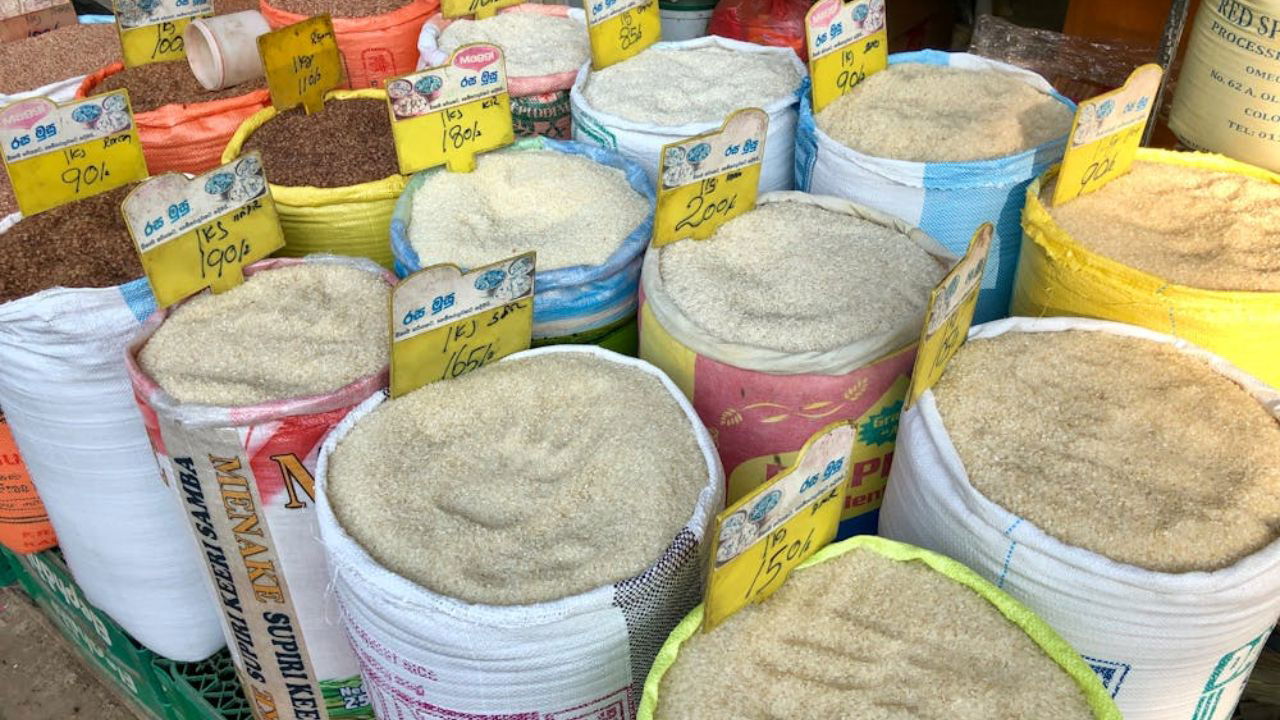
On February 11, 2025, the government issued the Open Market Sale Scheme (Domestic) [OMSS(D)] policy for 2024-25, aiming to regulate the supply of rice in the open market while ensuring stability in procurement and distribution. The policy, announced by the Ministry of Consumer Affairs, Food & Public Distribution, sets clear guidelines for rice sales to State Governments and ethanol distilleries.
Under the policy, State Governments and their designated agencies can procure up to 12 lakh metric tonnes (LMT) of rice from the Food Corporation of India (FCI) at a fixed price of Rs 2,250 per quintal. This procurement will take place without the need for e-auctions, making it easier for state agencies to access rice stocks for public distribution and welfare schemes. The move is expected to streamline the supply chain and prevent shortages in essential food programs.
A significant aspect of the policy is its provision for ethanol production. The government has allowed ethanol distilleries to procure up to 24 LMT of rice at the same price of Rs 2,250 per quintal. This step aligns with India’s broader strategy to boost ethanol production under its biofuel policy, reducing dependency on fossil fuels and enhancing energy security. The government seeks to balance food stock management while promoting sustainable energy solutions by allocating rice for ethanol production.
The OMSS(D) policy plays a crucial role in stabilizing the food grain market, managing buffer stocks, and ensuring that surplus grain is effectively utilized. By facilitating direct procurement by state agencies and ethanol producers, the policy is expected to curb hoarding and speculative price fluctuations. Additionally, it provides relief to farmers by maintaining demand for rice stock held by the FCI.
With rising concerns about food security and the need for alternative energy sources, this policy strikes a balance between economic and social objectives. The government’s decision to keep the pricing steady at Rs 2,250 per quintal ensures affordability while preventing market distortions.
The move also aligns with India’s ethanol blending program, which aims to achieve 20% ethanol blending in petrol by 2025. This initiative is expected to have a positive impact on multiple sectors, reinforcing India’s commitment to balanced economic growth.
















